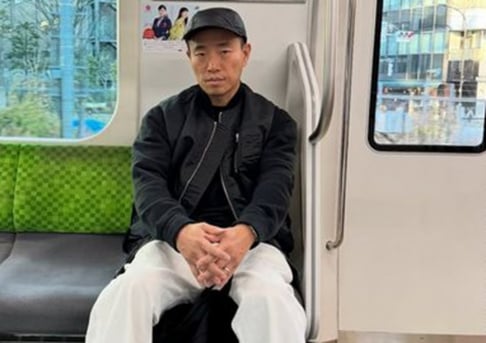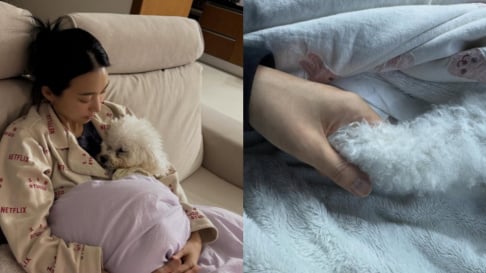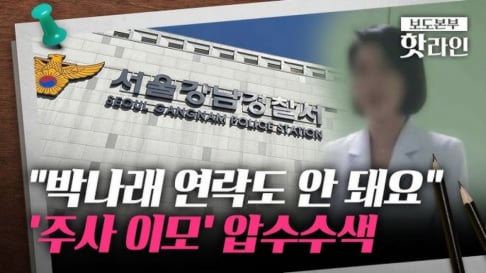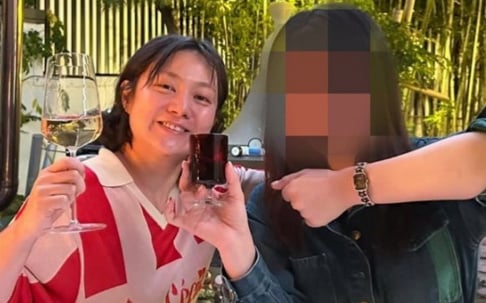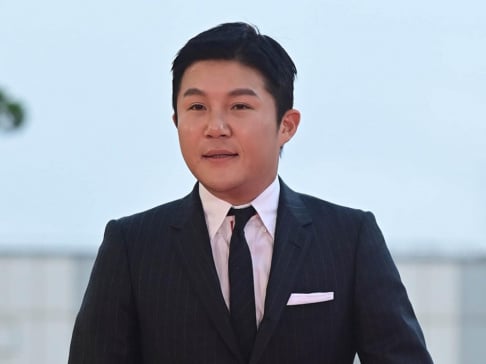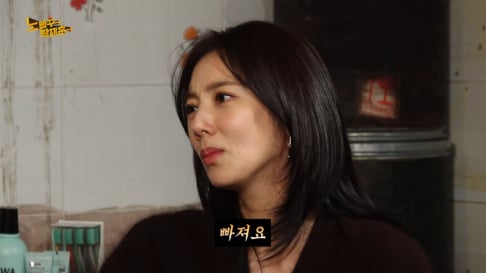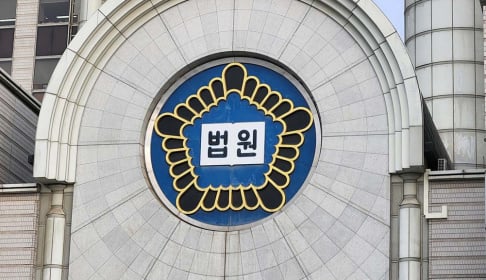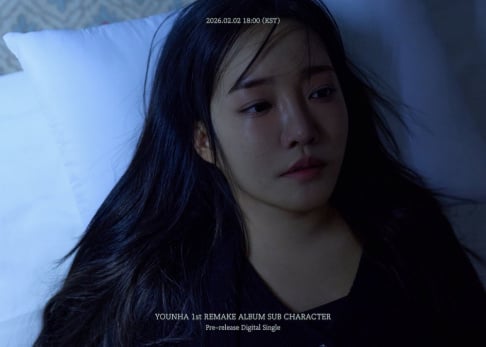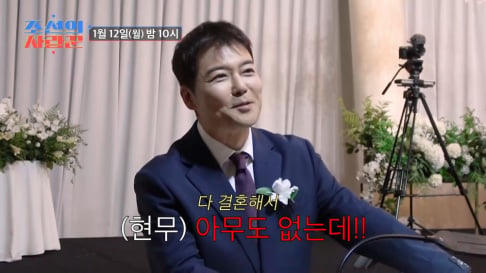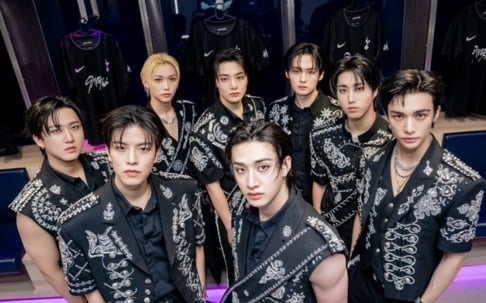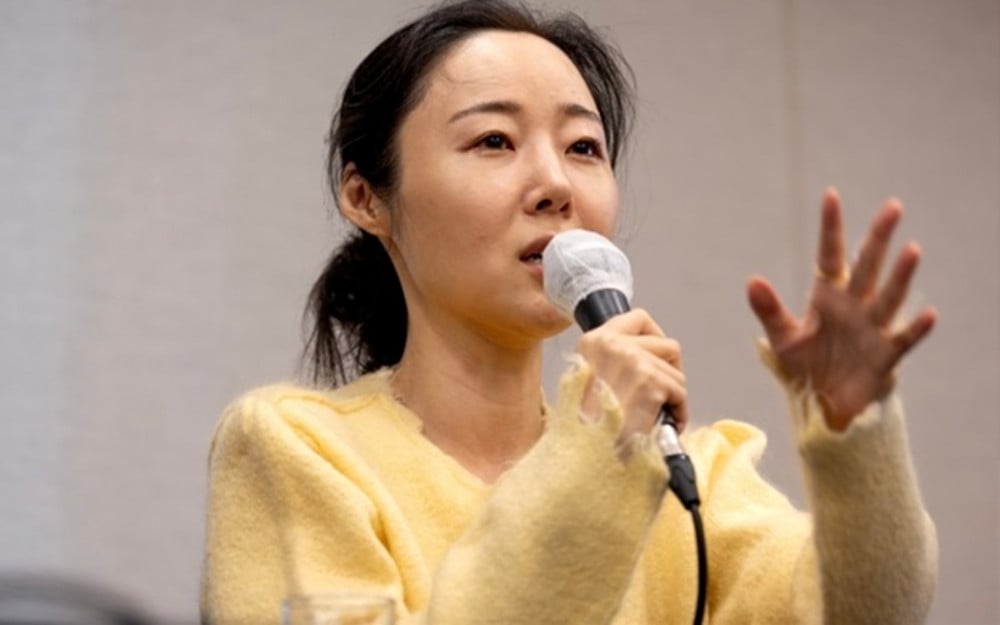
HYBE and former ADOR CEO Min Hee Jin are once again preparing to face off in court. The conflict reignited after HYBE notified Min Hee Jin of the termination of their shareholder agreement, followed by the company's internal directors at ADOR voting to dismiss her. The legal battle is expected to focus heavily on the legitimacy of HYBE's termination of the shareholder agreement.
Following a preliminary injunction loss in May, HYBE began methodically planning for Min Hee Jin's removal. The company’s newly appointed internal directors at ADOR reportedly amended the board’s bylaws and scheduled meetings that aligned with Min Hee Jin's external commitments, indicating a calculated approach to her dismissal.
In May, the court ruled that HYBE, which owns 80% of ADOR, could not vote to dismiss Min Hee Jin at a shareholder meeting due to the shareholder agreement, which guaranteed her term as CEO. At that time, HYBE argued that Min was disqualified due to alleged misconduct, including embezzlement, but the court did not accept these claims.
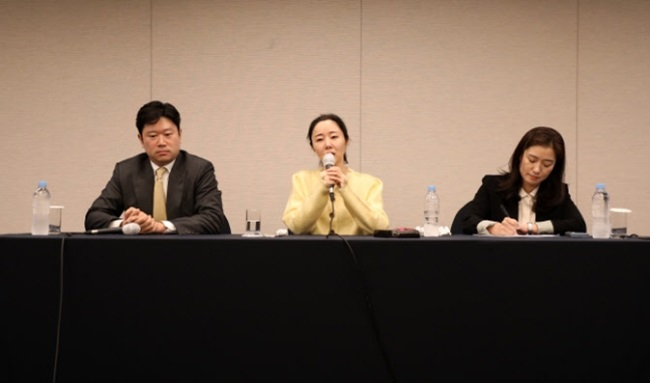
Despite this, Min Hee Jin’s victory was shaky, as HYBE’s internal directors retained the power to call a board meeting and remove her. This concern was evident in statements made by Min’s legal representatives during a press conference.
Ultimately, ADOR's internal directors, appointed by HYBE, held a board meeting on August 27 and voted to dismiss her. HYBE maintained that the shareholder agreement was an understanding among shareholders and that ADOR's board acted independently.
However, Min Hee Jin’s team contends that the internal directors, appointed by HYBE, reflect the company’s intentions. They argue that the dismissal was driven by HYBE’s agenda, pointing out that HYBE CEO Lee Jae Sang also serves as an internal director at ADOR.
Legal experts largely support HYBE’s position, with many stating that although HYBE's influence is clear, internal directors are typically regarded as independent entities according to past legal precedents. Attorney Lee Soo Gyun explained, "A CEO can be dismissed if there is a resolution by the board of directors. The concern is that the board consists of one representative from Min's side and three from HYBE. Although the court's decision implied that there is no valid reason for the CEO's resignation, there is no legal way to force the board's voting rights. That's why there's a sense of uneasiness..."
More critical than Min Hee Jin's dismissal is HYBE’s unilateral termination of the shareholder agreement. HYBE claims that the termination was immediate, citing Min’s breach of trust as the reason.
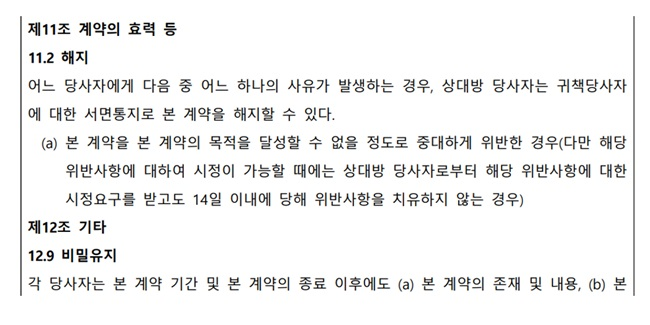
However, legal experts argue that the termination may not automatically be valid. A Attorney Ahn Hee Cheol compared it to a lease agreement, where the landlord's notice of termination can be contested by the tenant. He explained, "It's more accurate to view this as a one-sided notice from HYBE. You can think of it like a lease agreement. If the landlord (HYBE) notifies the tenant (Min) that they want to terminate the lease, the tenant will naturally contest, asking, 'What are the grounds for termination?' Moving forward, we'll need to examine the legality of the termination reasons, but for now, it's more appropriate to consider this as a unilateral notification."
The broad and unspecified termination conditions make it challenging to justify the termination solely on the grounds of a breach of trust. Many believe that the earlier court ruling, which did not find Min Hee Jin guilty of misconduct, will have a significant impact on the upcoming legal proceedings.
Attorney Shim Hye Seop explained, "Formally, an injunction and a subsequent trial are considered separate cases, but it is common practice for the judgments made in an injunction to carry significant authority and respect on their own. Since the court previously determined that there was no embezzlement or illegal activity, it is expected that this will influence the outcome of the upcoming trial."
Attorney Ahn Hee Cheol added, "The injunction decision will have a significant indirect impact. Unless HYBE presents new evidence of illegal activities beyond what was submitted during the injunction, the injunction ruling will heavily influence the outcome. It’s difficult to argue for contract termination based solely on a breach of the principle of good faith. While it may take a long time, if the court rules in favor of Min, she could also claim damages for not being able to fulfill her term as CEO."

On August 28, ADOR sent Min Hee Jin a new "work assignment contract," which appears to be more of a dismissal notice than a legitimate contract. The contract, which pertains to her role in a producer for NewJeans, is seen as an impending termination.
The contract is set to expire on November 1, a brief period that raises concerns. ADOR claims that the contract coincides with Min’s term as an internal director, but Min’s team argues that her term should be extended according to the shareholder agreement.
 SHARE
SHARE








